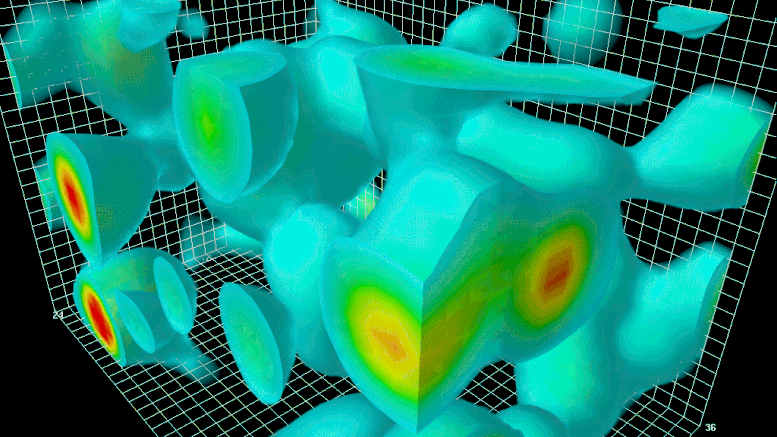
We’re not even three weeks into 2022, but there’s already plenty to be angry about. In fact, that’s been the case for a long time now—especially during the last two years of living through a global pandemic.
And while it’s easy to slip into a state of perma-rage—mad at nothing and everything at once—at some point, you might stop and think through what, exactly, is making you angry all the time. Is it all circumstantial, or is it something deeper and more complex? Here are some of the signs that you’re dealing with repressed anger.
What is repressed anger?
Everyone gets angry, but not everyone responds to anger in the same way. While some people act on their anger and are prone to outbursts, others don’t express it at all. For example, people with suppressed anger make a conscious decision to avoid these feelings.
But for those with repressed anger, avoiding anger is unintentional and done subconsciously—often out of fear or shame, Nicole Arzt, a licensed marriage and family therapist explains in an article for Choosing Therapy.
What are the signs of repressed anger?
According to Artz, repressed anger can show up in a variety of different ways, many of which are subtle changes to the way a person feels, thinks, and/or behaves. Often, it’s not noticeable at all until their anger gets to exceptionally high levels and they end up acting on it.
But instead of getting to that point, be on the lookout for these signs of repressed anger, courtesy of Artz and clinical psychologist Terri Cole:
Defensiveness
Do you get defensive if someone points out that you’re getting angry? According to Artz, people with repressed anger don’t want to admit when they are angry or frustrated—even if it’s obvious to everyone else. “This defensiveness makes it harder for them to accept and recognize their anger, making them more likely to minimize, ignore, or deny it,” she writes.
Sarcasm
Could you be any more sarcastic? “When you think about sarcasm, it’s really a passive-aggressive way of expressing anger, disappointment, or frustration,” Cole writes in a blog post. “If you often find yourself saying the opposite of what you think and feel with a sarcastic tone and maybe even an eye roll, start to get into inquiry around why it might feel safer than being direct.”
Being passive aggressive
When you’re not able to avoid conflict completely, do you tend to be passive aggressive when interacting with other people? “Passive aggression is the indirect expression of anger,” Cole explains. “Effective communication is direct. Acting out your anger in a passive-aggressive way might feel ‘safe’ and like it’s still honoring your feelings, but it’s ineffective.”
These are only three of the many signs of repressed anger. Check out the articles referenced by Artz and Cole for additional examples and details.
What to do if you’re dealing with repressed anger
If you come to the conclusion that you, in all likelihood, have been repressing your anger, you’re probably going to want to start dealing with—or at least starting to process—it. This is a topic we’ve covered extensively at Lifehacker, so you can always start there (well, here). If therapy is an option for you, and what you now recognize as repressed anger is having a significant impact on your life, you may want to consider that route as well.
Note: This article have been indexed to our site. We do not claim legitimacy, ownership or copyright of any of the content above. To see the article at original source Click Here








![The Event That Makes You Say "How Did We Lose It To Someone Else": Train Hit The Plane In The USA [Video] thumbnail](http://www.webtekno.com/public/site/images/wtlogo.png)




